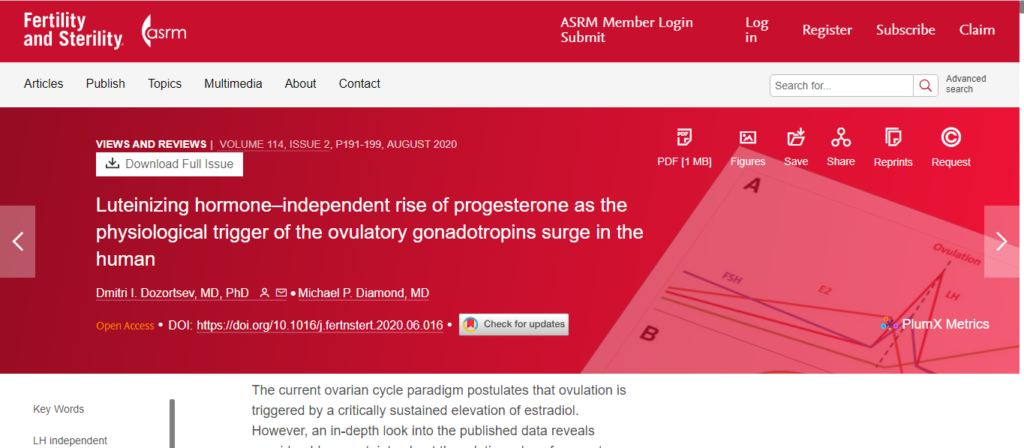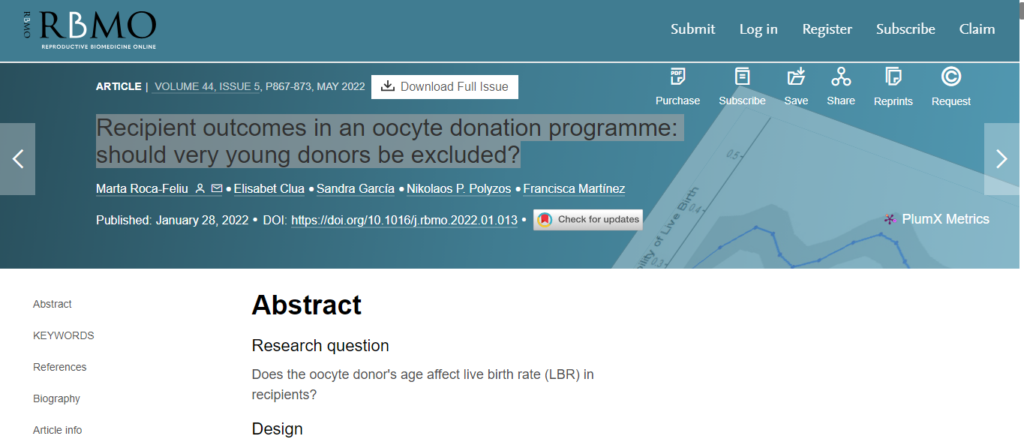UNDERSTANDING FERTILITY
Understanding the top causes of infertility and how we help.
Infertility can have many different causes sometimes involving the woman, the man, or both. At Advanced Fertility Center of Texas (AFCT), we specialize in identifying causes of infertility and creating a treatment plan tailored to your unique journey. Below are the most common causes of infertility each with proven solutions at AFCT.

PCOS is one of the most common causes of infertility in women and is linked to hormonal imbalances that prevent normal ovulation. Women with PCOS often have irregular or absent menstrual cycles, making it harder to predict fertile windows.
We treat PCOS-related infertility with ovulation induction medications, lifestyle support, and metabolic care to improve ovulation and egg quality.

Conditions like PCOS, thyroid dysfunction, or hormonal irregularities can prevent the release of a mature egg each month. Without ovulation, pregnancy is unlikely.
AFCT offers ovulation induction with Clomid, letrozole, or injectables, combined with fertility-focused wellness care to restore healthy cycles for women struggling with causes of female infertility.
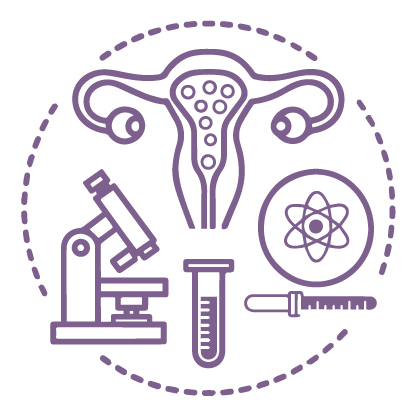
Endometriosis is a condition where tissue similar to the uterine lining grows outside the uterus—on the ovaries, fallopian tubes, or pelvic organs. It can cause inflammation, pain, scar tissue, and fertility challenges by impacting egg quality, blocking tubes, or reducing uterine receptivity.
We create personalized treatment plans for endometriosis-related infertility, often combining IVF with specialized uterine cavity treatments to improve success and overcome female factor infertility.
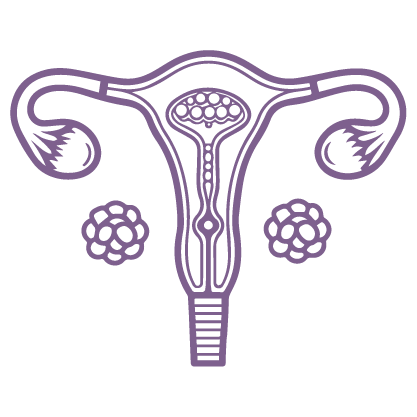
Fibroids and polyps are benign growths in or around the uterus. While not all fibroids affect fertility, those that distort the uterine cavity can interfere with implantation or increase miscarriage risk.
AFCT uses advanced imaging to evaluate fibroids and coordinates minimally invasive treatments when they impact your fertility. These structural challenges are among the common causes of infertility in women.
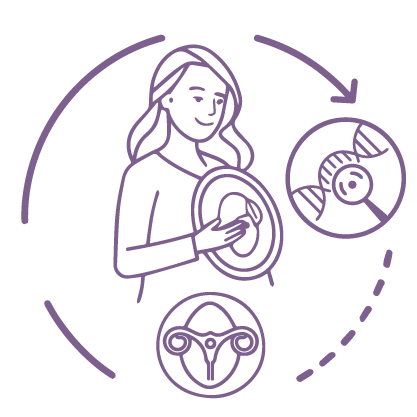
The number and quality of eggs decline with age, but some women experience diminished ovarian reserve earlier than expected due to genetics, prior surgery, or medical conditions.
We provide AMH testing, tailor IVF stimulation protocols, and offer ovarian rejuvenation to improve ovarian response, addressing one of the leading causes of infertility in women.
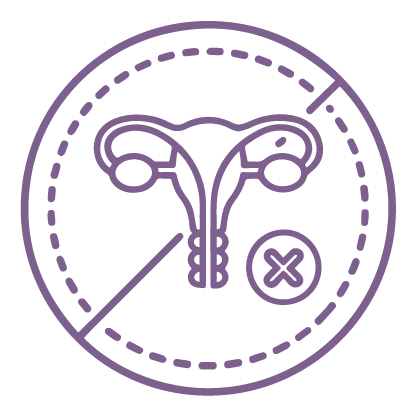
Also called early menopause, POI happens when the ovaries stop functioning properly before age 40. Women may still ovulate occasionally but need specialized fertility care.
We offer individualized protocols, fertility preservation options, and donor egg IVF if needed to help overcome this female infertility condition.
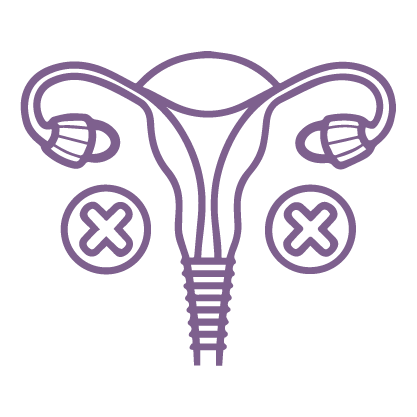
Blocked or damaged fallopian tubes—caused by past infections, surgery, or endometriosis—can prevent the egg and sperm from meeting naturally.
AFCT diagnoses tubal issues with HSG imaging and uses IVF to bypass the tubes entirely, an essential step when treating structural causes of infertility in women.
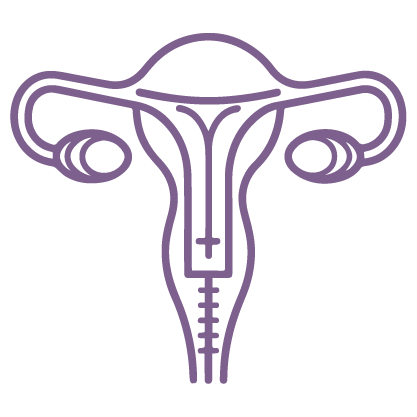
A thin endometrium can prevent even the healthiest embryos from implanting. This may result from hormonal issues, scarring, or reduced blood flow.
We offer uterine cavity rejuvenation, hormonal support, and integrative wellness to optimize implantation receptivity and address female factor infertility.

In some cases, cervical mucus is too thick or hostile for sperm to travel through the cervix and reach the egg. IUI or IVF can bypass cervical barriers and improve fertilization chances, helping resolve causes of infertility related to cervical factors.
IUI or IVF can bypass cervical barriers and improve fertilization chances.
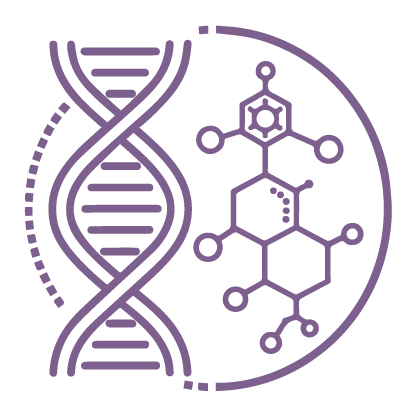
Certain genetic variations, like MTHFR mutations, or chromosomal abnormalities can lead to failed implantation, miscarriage, or inherited conditions.
AFCT offers preimplantation genetic testing (PGT-A, PGT-M), advanced hormone testing, reproductive immunology, and methylated prenatal vitamins to optimize implantation success and address complex causes of infertility.
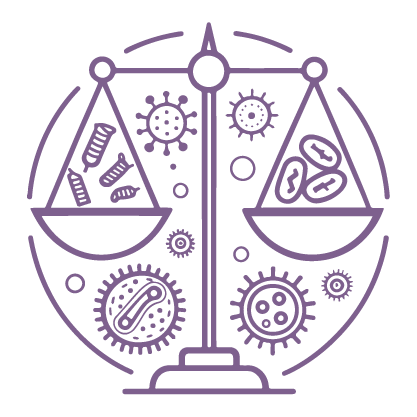
An unhealthy vaginal or uterine microbiome can cause inflammation, reduce implantation rates, and increase miscarriage risk.
We provide microbiome testing and targeted probiotic therapy like Biomegil™ to restore a healthy reproductive environment.
OTHER FACTORS

Causes of male infertility can include low sperm count, poor motility, abnormal shape, or even a prior vasectomy. DNA fragmentation, hormonal imbalance, or environmental factors may also affect sperm quality.
Here at AFCT, we provide advanced semen analysis, sperm retrieval techniques (TESE), and ICSI (Intracytoplasmic Sperm Injection) to overcome male factor infertility challenges and support couples facing combined fertility issues.

In about 20% of couples, all standard tests look normal, yet pregnancy doesn't happen.
We utilize advanced diagnostics, customized IVF protocols, and reproductive immunology to identify underlying causes and enhance outcomes.
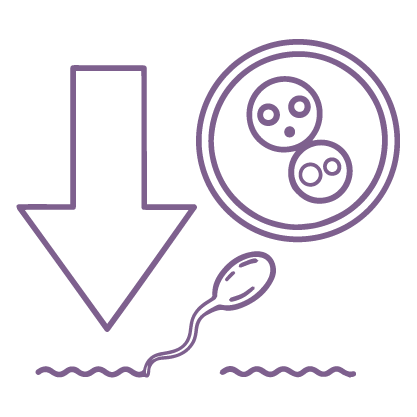
Female egg quality declines significantly after age 35, while male sperm quality can also decrease over time.
We offer fertility preservation (egg, sperm, and embryo freezing) and advanced IVF options to overcome age-related causes of infertility and sustain reproductive health for both partners.
Identifying the root cause of infertility helps us create a personalized treatment plan, saving time, reducing stress, and improving your chances of success.
Advanced fertility testing & diagnostics
Customized treatment protocols
Integrative wellness & cutting-edge lab techniques
Ready for answers? Schedule your fertility consultation today.
